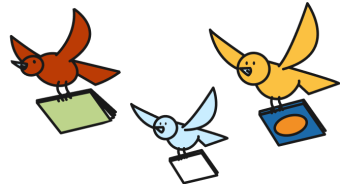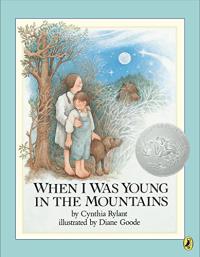
In this ode to country living, Rylant shares a glimpse into one family’s life.
When I Was Young in the Mountains

Alliterative, onomatopoeic language (and gentle illustrations) reveal a child’s day shared with family from sun-up to moon-rise.
All the World
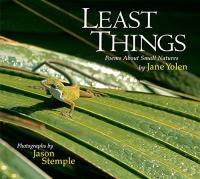
Short poems (haiku) were written in response to but also evoke creatures shown in crisp close-up photographs of small animals and insects in their natural surroundings. This collection and others by Yolen/Stemple introduce information about nature, and could be used as part of the science curriculum.
Least Things: Poems about Small Natures
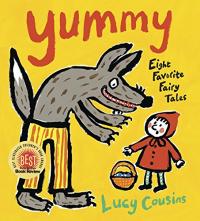
Yummy: Eight Favorite Fairy Tales
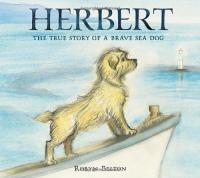
Herbert: The True Story of A Brave Sea Dog
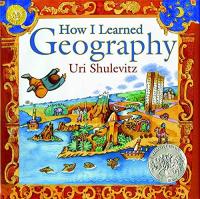
How I Learned Geography

Magic Tree House: Books 1-4

Where Else in the Wild? More Camouflaged Creatures Concealed & Revealed
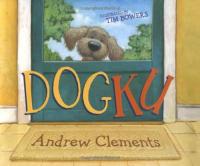
Dogku

Goose and Duck
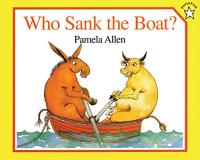
Who Sank the Boat?
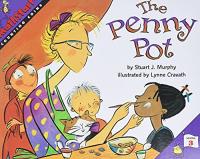
The Penny Pot
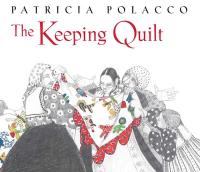
A quilt started by the author’s great grandmother is passed on through the generations to chronicle and recall the family’s history.
The Keeping Quilt
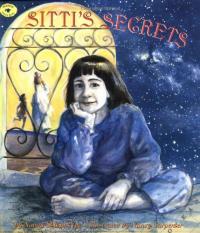
An American child initially has trouble communicating with her Palestinian grandmother. Families, family stories, immigration, and communication are among the possible build-outs related to this book.
Sitti’s Secrets
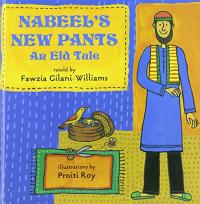
Nabeel’s New Pants
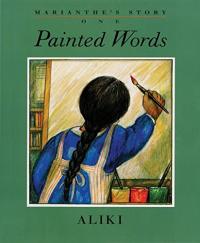
Marianthe’s Story: Painted Words and Spoken Memories
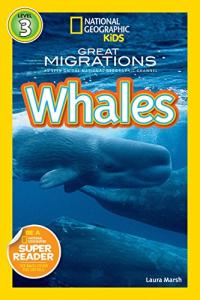
Great Migrations: Whales

Goldilocks and the Three Bears

Red Riding Hood

The True Story of the Three Little Pigs
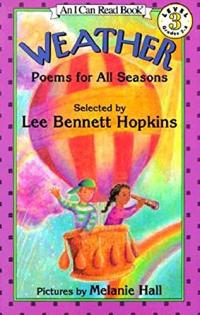
Easier to read poems focus on weather and seasons.
Weather: Poems for All Seasons

A girl finds a book with a red cover on a winter day that transports her to a sunny beach. The idea of getting lost in a book (figuratively and magically) is presented wordlessly; only illustrations are used. The story can be told or written any number of ways according to the writer’s interpretation of the story.
The Red Book

One Boy

Crisp color photographs in this wordless book connect concepts defined in the titles. Another great picture book by Tana Hoban is Is It Rough? Is It Smooth? Is It Shiny? (opens in a new window). Both are sure to generate rich language as each picture is examined and described multiple times. [May also be used for building observational skills in science.]
